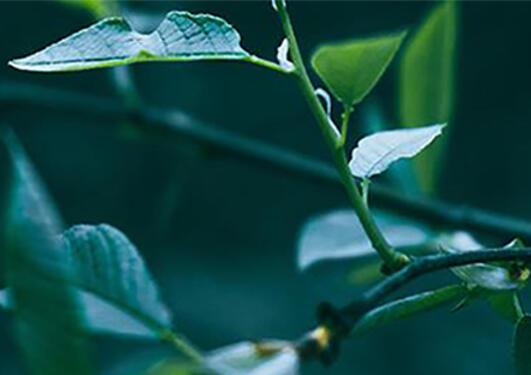Sick society - Exploring the relation between knowledge and action in a pandemic
The SVT symposium 2021 focused on the relation between knowledge and actions in Covid-19 times.

Main content
About the symposium
The SVT symposium 3 December 2021 explored the relationship between knowledge and action in a pandemic. This relationship is fraught with complexity and uncertainty, and our societies have responded with a state of exception, which has reduced the conception of health to a single value, and the political actions to one plan – that of reducing contagion. This task has been heavily invested in science and technology, and it has revealed important features of science conducted in high-stakes social, political and economic arenas.
In this symposium, titled ‘sick society’, we want to critically discuss the enduring ‘state of exception’ we are experiencing, and explore the responsibility of science to inform action under complexity and uncertainty. How does science provide legitimacy for the far-reaching governance measures that reshape our everyday lives? How is science reorganising at speed in order to address the challenges of the current pandemic? And what kind of data and evidence are used (and which are not) in support of political decision-making?
The final session of the symposium is devoted to exploring the relationship between knowledge and action in practice, with a panel of actors who have had to work under covid-19 conditions and apprehend and implement new regulations in order to keep their activities going, in kindergartens, hospitals and newspapers.
The majority of the symposium program will be in English, while the final session starting at 15:30 will be in Norwegian.
Digital attendance
Registration for physical attendance is now closed, but the symposium will also be streamed live via Zoom. There's no registration needed to attend digitally - just click on this link at 9.30 am CET on Friday 3 December.
Programme
9:00 | Doors open - coffee, tea, refreshments. |
09:30 – 09:45 | Welcome by the Dean at the Faculty of Humanities, Camilla Brautaset |
09:45 – 10:00 | Opening address by Rasmus Slaattelid, Head of the Centre for the Study of the Sciences and the Humanities (SVT, UiB) |
10:00 – 11:30 | Session 1: Setting the scene – biopolitics and state of exception
|
11:30 – 12:30 | Lunch |
12:30 – 13:45 | Session 2: Organising science for pandemics
|
13:45 – 14:00 | Coffee break |
14:00 – 15:30 | Session 3: Data as evidence for action
|
| 15:30-15:45 | Coffee break |
15:45 – 16:45 | Panel: Working under Covid-19 measures in 2020/2021
|
16:45 – 16:50 | Closing the symposium |

